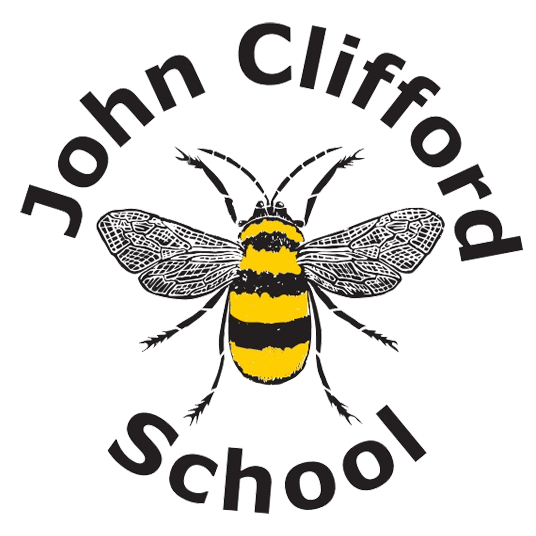Our Safeguarding Statement
At John Clifford School, there is nothing more important to us than the physical and emotional health and well-being of our pupils and staff alike. We recognise that everyday we are trusted with the most precious members of our families. As such we have created and work hard to maintain a climate in which staff, pupils, parents and governors feel able to articulate concerns comfortably; safe in the knowledge that effective action will be taken, as appropriate.
Our Safeguarding and Child Protection Policies apply to all adults, including volunteers, working in or on behalf of our School. We expect everyone working in or for our School to share responsibility for keeping children safe from harm and abuse and report any concerns to one of our Designated Safeguarding Leads (DSLs). Together we must ensure that all children, their families and our staff, feel safe, valued and cared for at all times and are nurtured to thrive and achieve to be the best we can be.
We welcome volunteers, including parents, into our School and at all times ensure that volunteers are suitable to work with children. Those who volunteer to spend time with our children on a regular basis are required to undergo a DBS check.
At John Clifford School, children are taught about how to stay safe, including staying safe online. Our taught curriculum and programme of assemblies covers how to stay physically and emotionally healthy and includes e-safety and age-appropriate sex and relationship education (SRE). NB: Parents of older children, who undertake specific units of work on puberty and sex education, will be informed before the teaching takes place and will be invited to view any materials we plan to use.
Designated Safeguarding Leads
All of us at John Clifford School have a commitment to ensure the safeguarding of all our children and staff. Our members of staff are all Safeguarding trained (including FGM awareness). We have all also received up-to-date 'Prevent' training which we renew annually.
Our school is lucky to have six Designated Safeguarding Leaders who share responsibility for keeping everybody safe in school.
The DSL has key responsibilities to:
- Manage any referrals of suspected child abuse/serious safeguarding concerns to the local safeguarding partners (Local Authority or Police), in liaison with the Headteacher or Principal;
- Ensure all staff are aware of the schools/setting child protection policies and procedures, and are appropriately trained and supported;
- Ensure all staff are aware of who to raise concerns to in their absence.
All DSLs receive thorough Safeguarding training to suit this role.
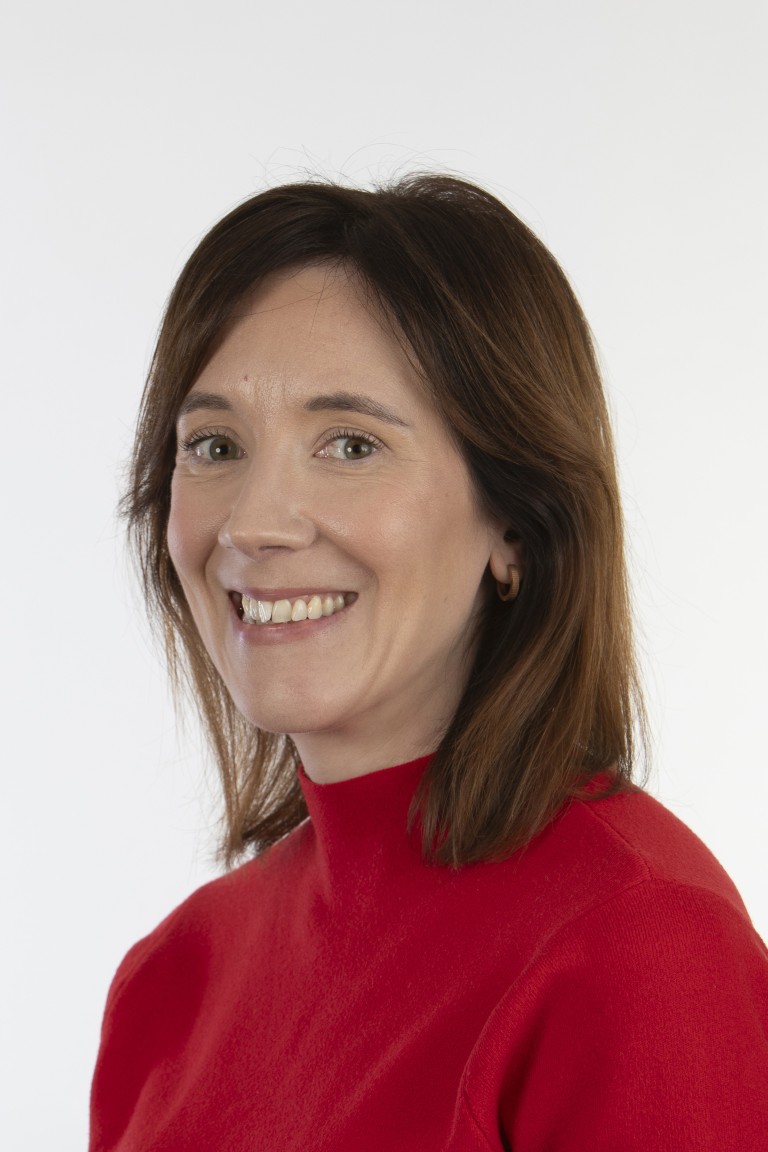 Lead Designated Safeguarding Leader Lead Designated Safeguarding Leader
Hannah Roberts
Headteacher
This email address is being protected from spambots. You need JavaScript enabled to view it.
|
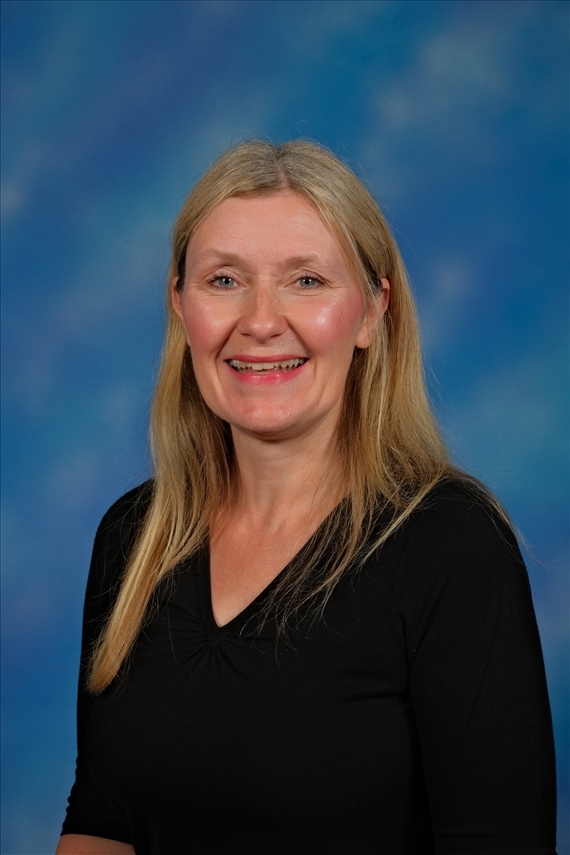 Designated Safeguarding Leader Designated Safeguarding Leader
Stephanie Keeling
KS1 Phase Leader & Snapdragon Class Teacher
This email address is being protected from spambots. You need JavaScript enabled to view it.
|
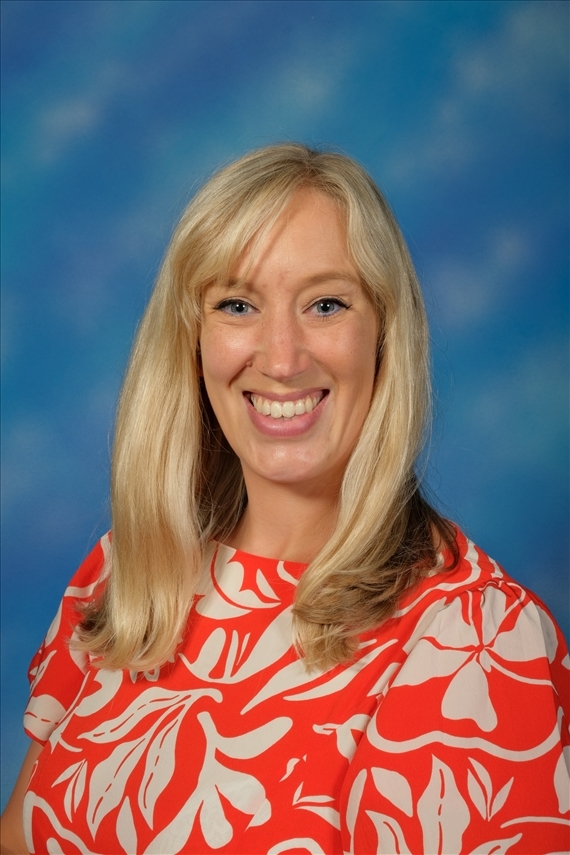
Designated Safeguarding Leader
Kayley Allcoat
Special Educational Needs Co-ordinator
This email address is being protected from spambots. You need JavaScript enabled to view it.
|
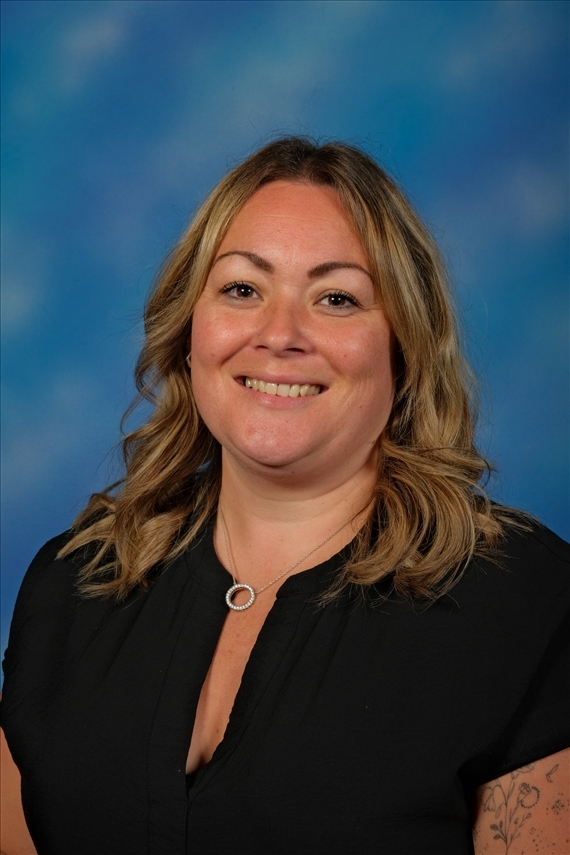
Designated Safeguarding Leader
Tanya Jacques-Tolley
Research and Development Manager
This email address is being protected from spambots. You need JavaScript enabled to view it.
|
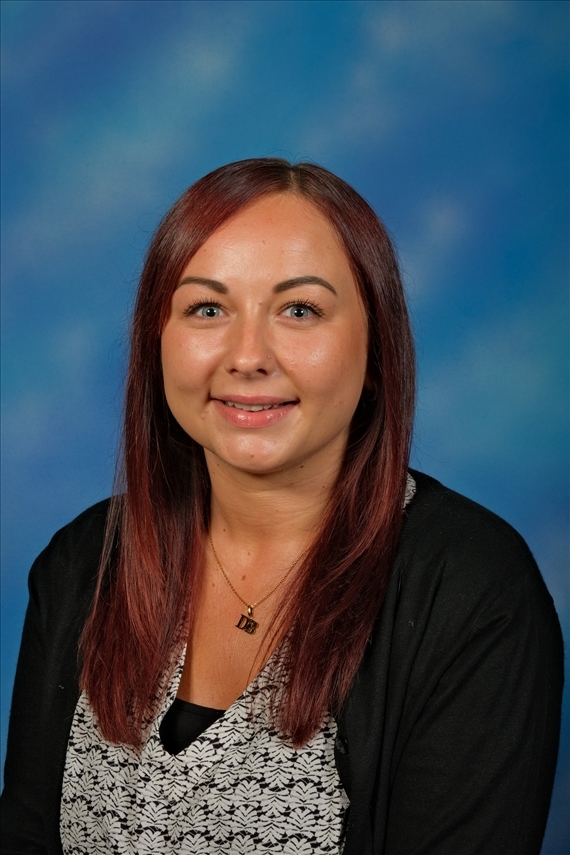
Designated Safeguarding Leader
Danielle Birch
Specialist Teaching Assistant
This email address is being protected from spambots. You need JavaScript enabled to view it.
|
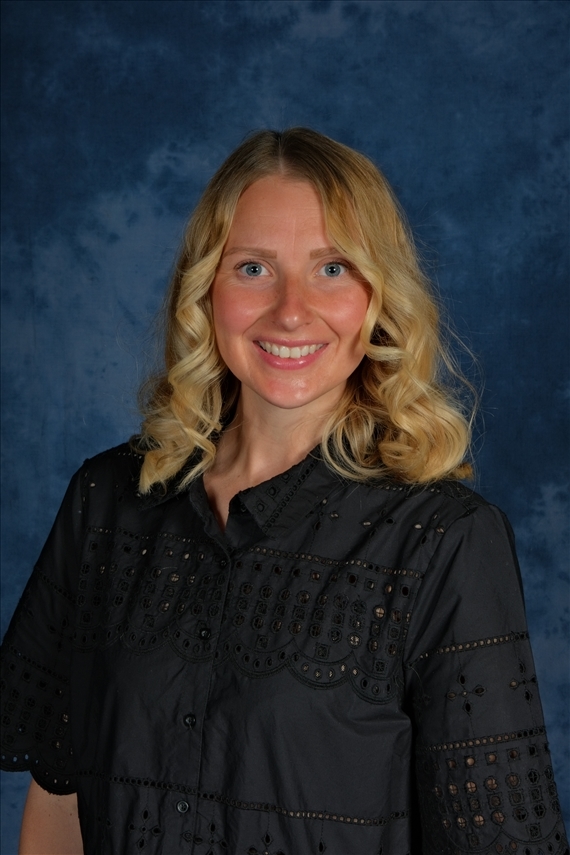
Designated Safeguarding Leader
Jade Roberts
SEND Administrator
This email address is being protected from spambots. You need JavaScript enabled to view it.
|
We also have a two Safeguarding Governors and their role is to challenge our policy and practices.
Safeguarding Governor
Becci Bitsios-Esposito
This email address is being protected from spambots. You need JavaScript enabled to view it.
Trust Safeguarding Lead
We are supported by White Hills Park Trust and the named collegaue responsible for safeguarding is Sam Mensah. He can be contacted at This email address is being protected from spambots. You need JavaScript enabled to view it.
Radicalisation and Extremism
All staff should also access Department for Education and Home office website – Educate against Hate. Designed specifically for teachers, parents and school leaders, this provides information, support and practical advice in keeping children safe from the dangers of extremism.
 Educate Against Hate
Educate Against Hate
Mental Health and Wellbeing
Mental illness can affect anyone, of any age, of any background, at any time. Similar to physical illness, people do not choose to have a mental health difficulty. They also need the appropriate care to get better. We have an important role to play in supporting mental health in young children and adults and this is a developing area of focus for us all.
According to the World Health Organisation (WHO), mental health is “a state of well-being in which the individual realizes his or her own abilities, can cope with the normal stresses of life, can work productively and fruitfully, and is able to make a contribution to his or her community”.
Adverse Childhood Experiences (ACEs) are stressful or traumatic experiences that can have a huge impact on children and young people throughout their lives.

Anxiety in Children
Anxiety in Children
Just like adults, children and young people feel worried and anxious at times. But if a child's anxiety is starting to affect their well-being, they may need some help to overcome it. When young children feel anxious, they cannot always understand or express what they are feeling. You may notice that they:
- become irritable, tearful or clingy
- have difficulty sleeping
- wake in the night
- start wetting the bed
- have bad dreams
In older children you may notice that they:
- lack the confidence to try new things or seem unable to face simple, everyday challenges
- find it hard to concentrate
- have problems with sleeping or eating
- are prone to angry outbursts
- have negative thoughts going round and round their head, or keep thinking that bad things are going to happen
- start avoiding everyday activities, such as seeing friends, going out in public or attending school
Depression in Children
Depression in Children Symptoms of depression in children often include:
- sadness, or a low mood that doesn't go away
- being irritable or grumpy all the time
- not being interested in things they used to enjoy
- feeling tired and exhausted a lot of the time
Your child may also:
- have trouble sleeping or sleep more than usual
- not be able to concentrate
- interact less with friends and family
- be indecisive
- not have much confidence
- eat less than usual or overeat
- have big changes in weight
- seem unable to relax or be more lethargic than usual
- talk about feeling guilty or worthless
- feel empty or unable to feel emotions (numb)
- have thoughts about suicide or self-harming
- actually self-harm, for example, cutting their skin or taking on overdose
PTSD in Children
PTSD in Children
Post traumatic stress disorder is a reaction to an event of trauma. It can be an incident that has been experienced or witnessed and symptoms can include:
- flashbacks or nightmares
- avoidance or numbing
- tenseness
- anger or irritability
- guilt
- muscle aches
- eating and sleeping difficulty
Online Safety
At John Clifford School we take e-safety very seriously. Using computers and technology is an increasingly important skill and understanding how to do so safely is a vital part of everybody's education: children, parents and staff alike.
Whenever new advances occur, information and advice will be offered via these pages to help support your child's education and perhaps provide parents with some useful information that you didn't know already!
Whilst we see every day as being 'Safe Internet Day', we also celebrate the national Safer Internet Day in February too. We study this in more detail in Computing lessons and also discuss it in classes too.

saferinternet.org.uk
How do we teach e-safety at JC??
One important way of ensuring all our children understand the importance of e-safety issues is by means of a regular e-safety assembly. Usually KS2 have an e-safety assembly on a regular basis approximately every 3 or 4 weeks.
During these times, generic issues are explored as well as recent updates and discussion of topical issues that may have been in the news.
Furthermore, specific lessons are built into the Computing curriculum where all children from KS1 upwards will be directly taught skills and content relevant to their age group.
In addition, all children throughout school will occasionally use 'PSHE/Thinking Time' sessions to discuss particular problems such as cyber-bullying.
Water Safety
Water Safety is especially important in our area, following tragic accidents in recent times around Beeston Weir, the River Trent and the Nottingham and Beeston Canal.
Would you know what to do if someone you were with fell in and was struggling to get out?
SHOUT - CALL 999 – SIGNAL – THROW - DO NOT GO
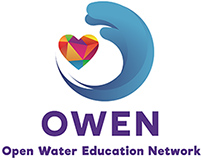
The Open Water Education Network is based in Beeston, and was set up following a tragic accident in our local waters. Their website offers lots of advice on how to stay safe around water, and what do do if someone is in trouble.
https://owen7.org.uk/5-words-to-remember
Parents and Carers Views around the Safe Use of Social Media
We have previosuly invited parents in to discuss the safe use of social media. This was a meeting held in support of some of the experiences parents and carers were facing with their children at home. Overtime, there appeared to be an increase of incidents in school where what had happened on social platforms and gaming in the evening and weekends was spilling into school. Both children and parents were bringing to the attention of school what was going on and we felt that we needed to address this.
Prior to the meeting our Headteacher at the time, Mrs Waring, contacted the Nottinghamshire County Council Education, Safeguarding, Health and Wellbeing Hub (ESHAWH) and spoke with them for advice and resource. It was reassuring to hear from them that the problems we were facing we not ours alone and that most primary schools were tackling social media as an emerging threat to children. They were very keen to support the meeting and the ongoing journey to ensuring the safety of the children.
The meeting was supported by twenty adults who came along to share thoughts and experiences. There were two members of the Local Governing Body present, one of whom was the Chair of Governors, Katherine Calder. The meeting was also supported by Sam Mensah from WHPT. Thank you all for coming.
We looked at the website: https://www.internetmatters.org/issues/ and Mrs Waring presented to the team what she thought were the issues we were facing together and the types of communications we had been shown in school. Parents and carers talked about their experiences, both good and bad, and we all agreed that keeping up with technology and children and the combination of those two things was a challenge.
Actions from the meeting were:
1. Review currency of curriculum content
2. Separate the safeguarding updates from the general Newsletter
3. Consider another meeting with representation from the NottsCC ESHAWH Team
Resources from the meeting:
1. Online Safety Resources For Parents, Carers & Families
2. Age Restrictions For Video Games


 Lead Designated Safeguarding Leader
Lead Designated Safeguarding Leader Designated Safeguarding Leader
Designated Safeguarding Leader




